Top Landcare award to cotton soils researcher
February 9, 2023
A fun initiative focused on soil health played an important part in the industry’s broader commitment to sustainability by addressing cotton textile waste.
For the cotton industry, Oliver’s work and passion for soil health has, in part, led to larger work to support the vision of a circular economy for Australian cotton by returning cotton textile waste to cotton fields.
Oliver is an Associate Professor in Soil Systems Biology in the School of Rural and Environmental Sciences at the University of New England (UNE), a leading soil health champion, educator and researcher. He is also the CottonInfo Technical Lead for Soil Health.
The Award was granted to Oliver in recognition of his outstanding efforts to embed learning and understanding of soil health from the field to the classroom.
“It was an honour to be considered for the General Jeffrey award for doing my little bit to help promote soil health, although my work would not be possible without the growers, school classes and community groups who are prepared to take a moment to share the magic of their soils with me. This recognition is for them as well,” Oliver said.
“We’ve come a long way since grower Nigel Corish first heard of Soil Your Undies in the UK through his Nuffield Scholarship, and CRDC and the CottonInfo Regional Extension Officers got those first growers to soil their undies.
“It grew further with the support of a small group of growers and their willingness to share their underpants with others at the 2018 Cotton Conference, creating a lot of interest right across the industry.
“Continued CRDC and cotton industry support has allowed me, with the help of others, to take this to an even wider audience and now influence others around the world: that’s pretty phenomenal.”
The award will be used to revamp the Soil Your Undies website, allowing participants to see how their pants compare to others across the country or their state.
There have been other significant spin offs from the campaign. In early 2019, Oliver soiled the first cotton and poly-cotton pair of pants.
“The very visible comparison of the undigested polyester webbing, the discussion of its potential fate in our environment and how much of our clothing is no longer made from natural fibres led to my involvement in work attempting to address some of our current waste challenges,” Oliver said.
This work informed phase one of the Circular Cotton Project, spreading shredded cotton textiles onto Sam Coulton’s cotton field at Goondiwindi (Bigambul country) in 2021. Prior to this, Oliver assessed the biodegradation process for potential benefits such as carbon and water retention in soils.
He saw increased levels of microbial (bacterial and fungal) activity in all but one cotton sample and all but one broke down significantly in about 24 weeks. Initial projections showed 2250kg of carbon dioxide equivalents (CO2 e) would be prevented from entering the atmospher through the breakdown of the textiles in soil rather than landfill.
Oliver’s field trials are continuing as part of phase two of the Circular Cotton Project, which begins this season (see story page 5). Through these trials, he will assess the breakdown process at different application rates, soil nutrition, respiration/CO2 and microbial biomass.
It is hoped that the results provide evidence for a large-scale circular solution for 100 percent cotton textile products in Australia, which are naturally biodegradable, renewable and recyclable.
“The trials show we can divert some of our textile waste from landfill to agricultural soils and offset greenhouse gas emissions,” Oliver said.
“With the expansion of this work with grower Scott Morgan at Gunnedah, it’s all very exciting.
“At a governmental level, landmark commitments have been recently made, one of which is ‘to work with the private sector to design out waste and pollution, keep materials in use and foster markets to achieve a circular economy by 2030’.
“Australia’s ability to produce, use and eventually recycle out natural fibres has to be part of this journey and as such it is a very exciting time to be part of the cotton industry.”
This story first appeared in the Summer 2022-23 edition of the Cotton Research and Development Corporation (CRDC) magazine, Spotlight.


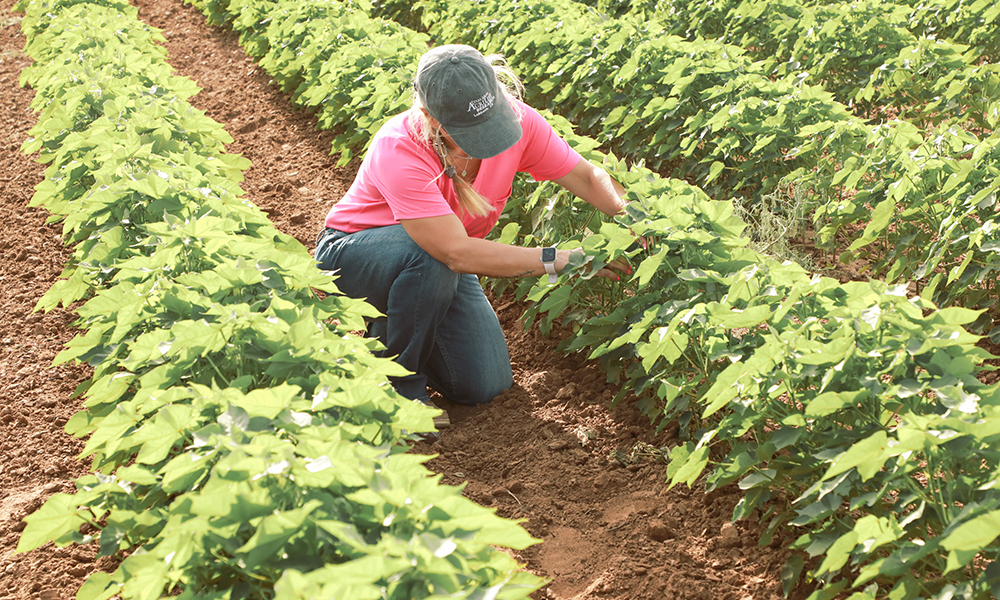
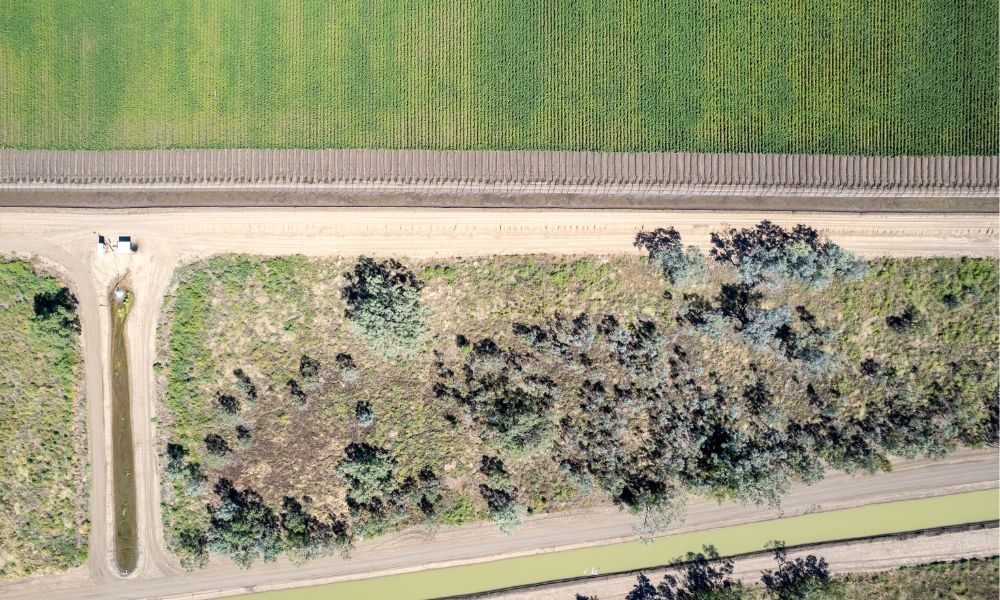
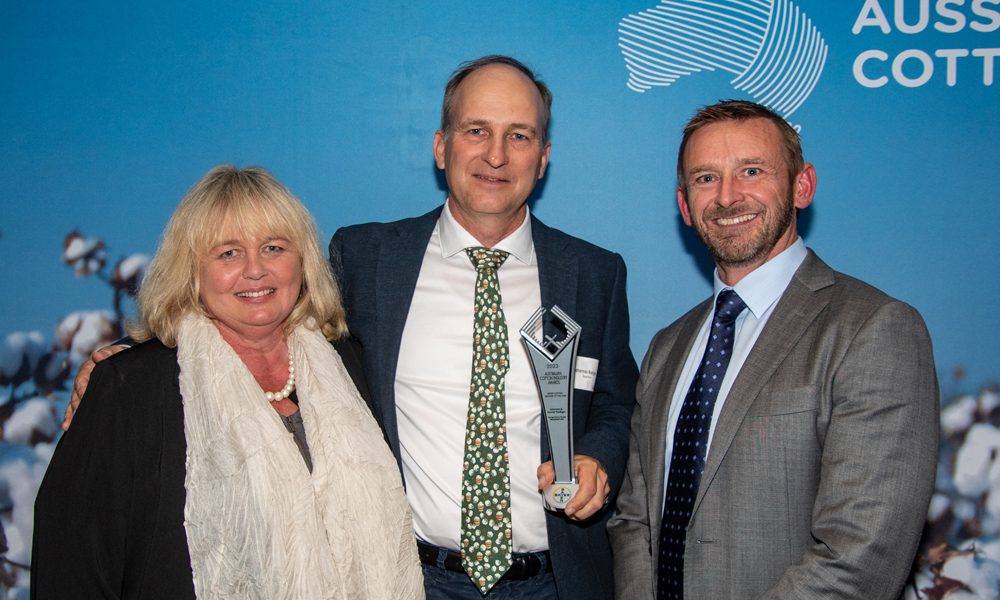
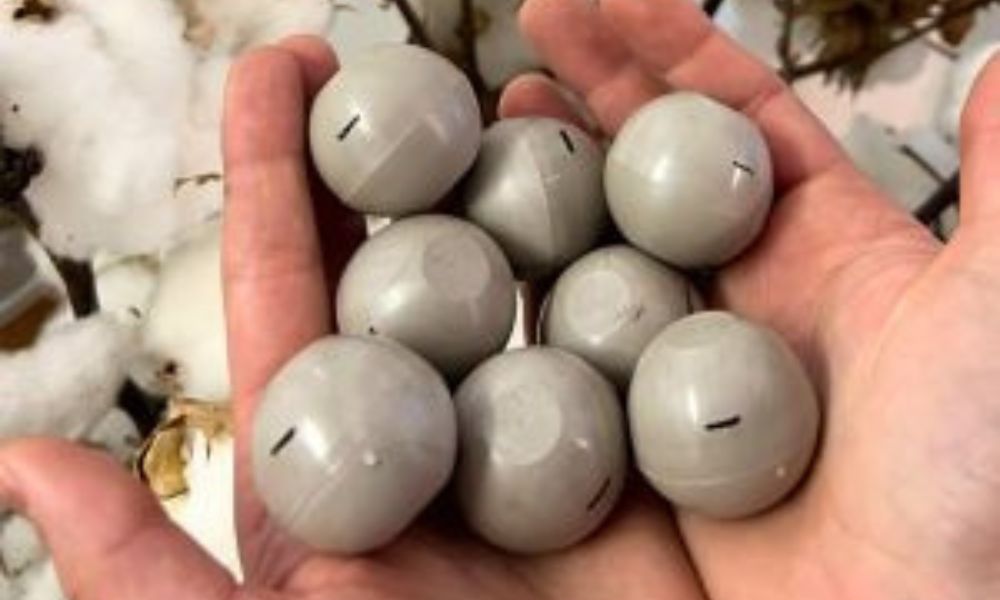
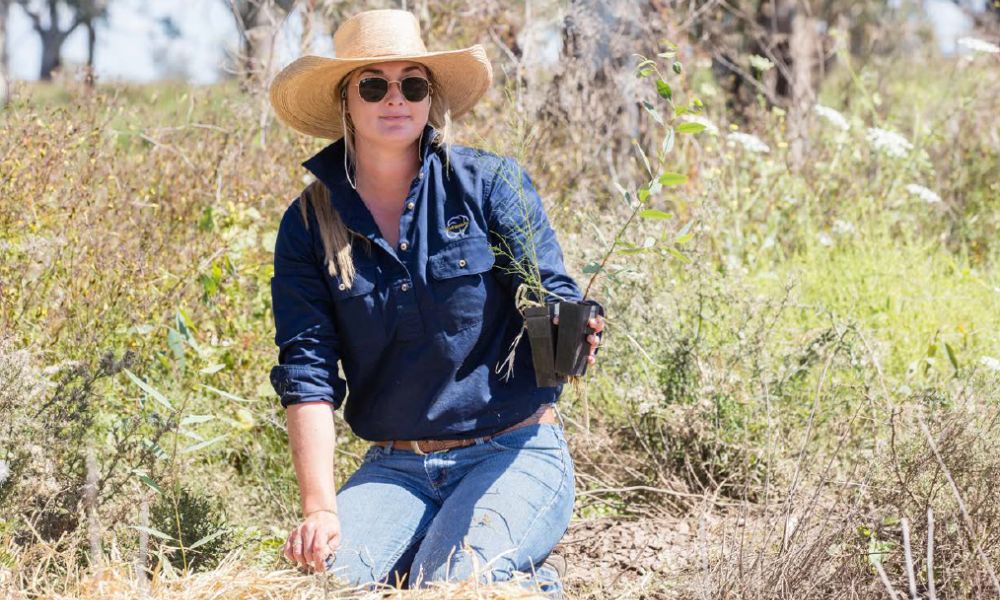
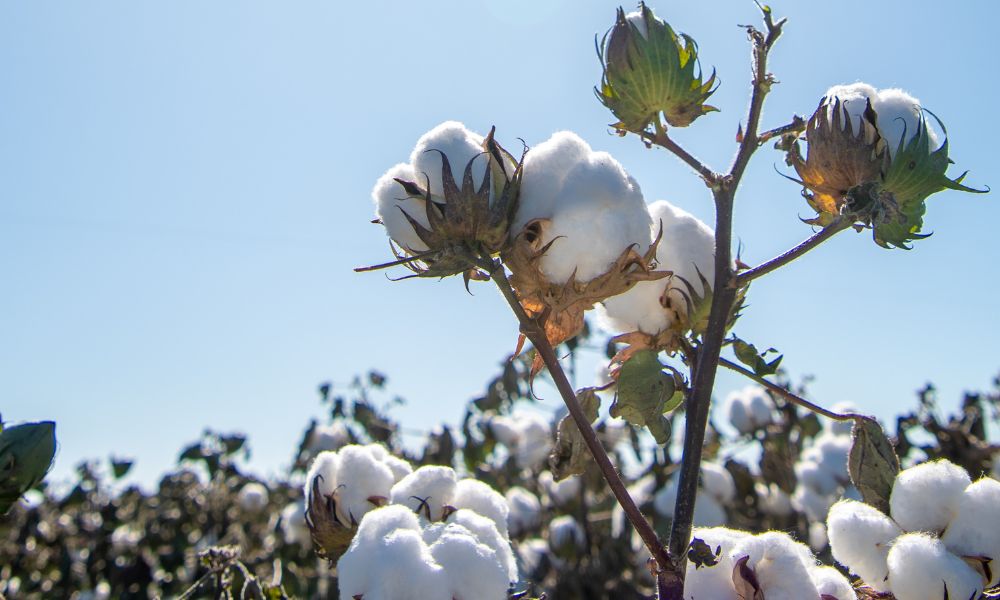

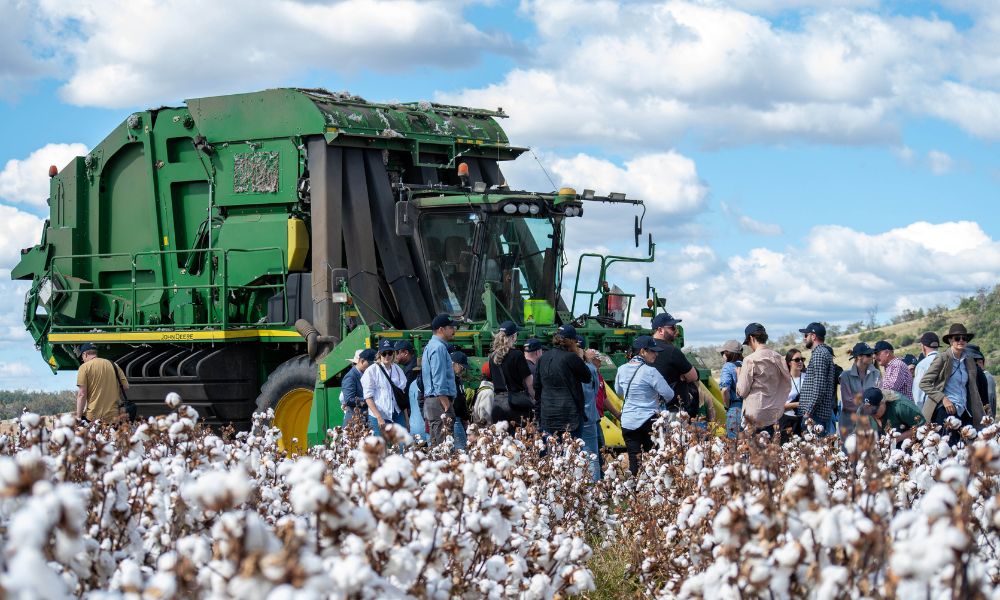
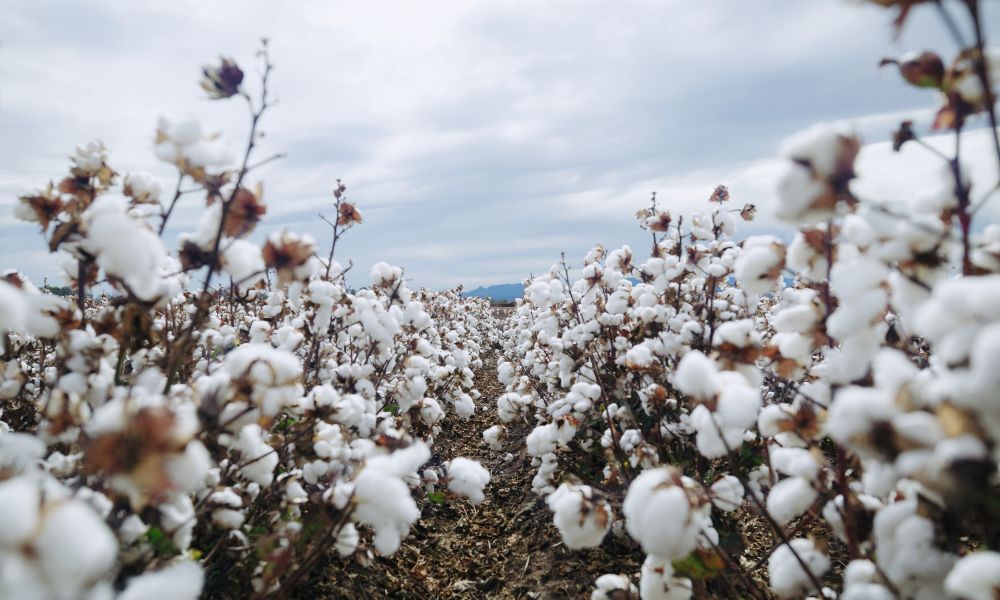
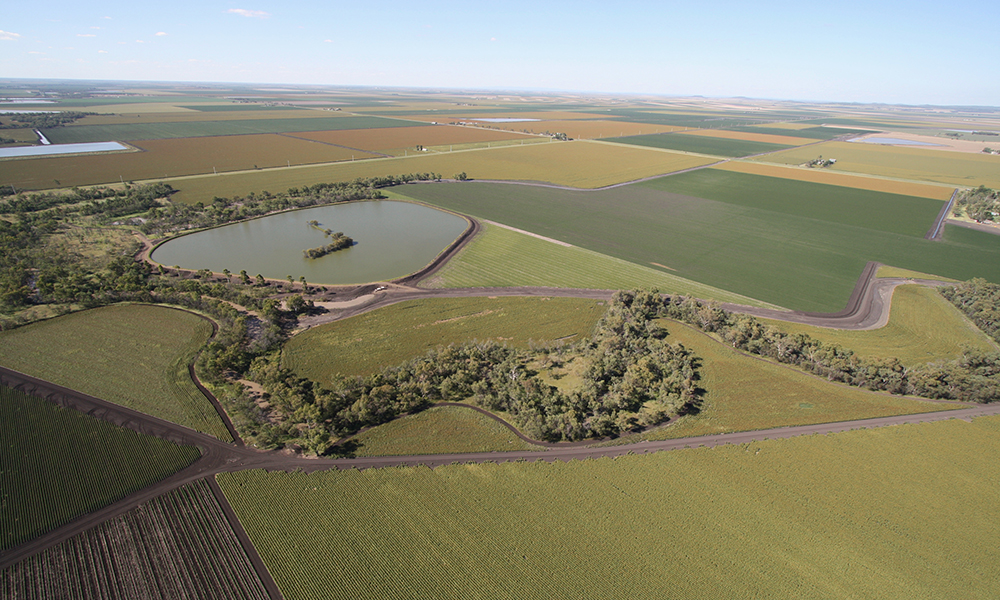
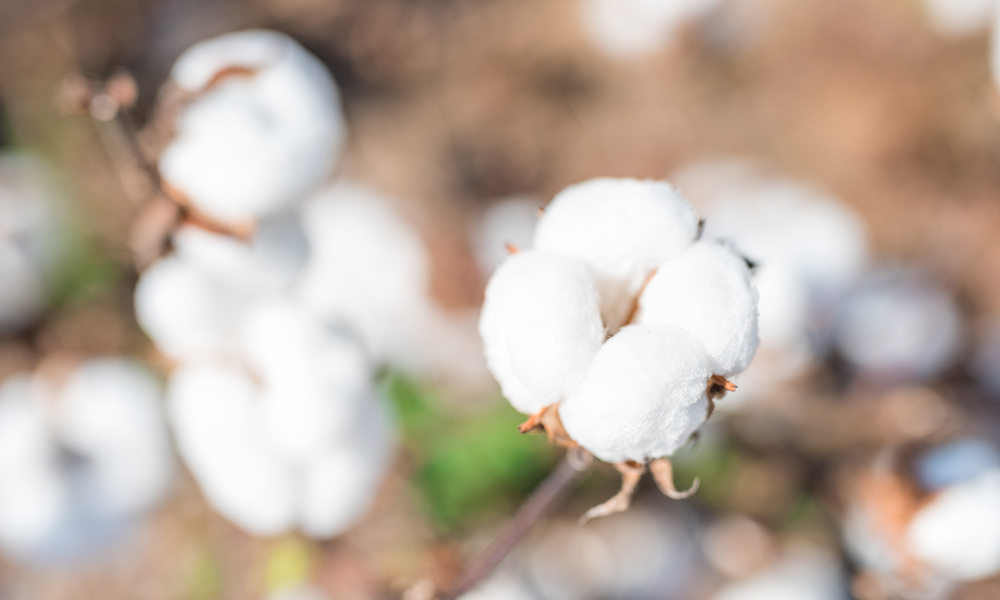

Recent Comments